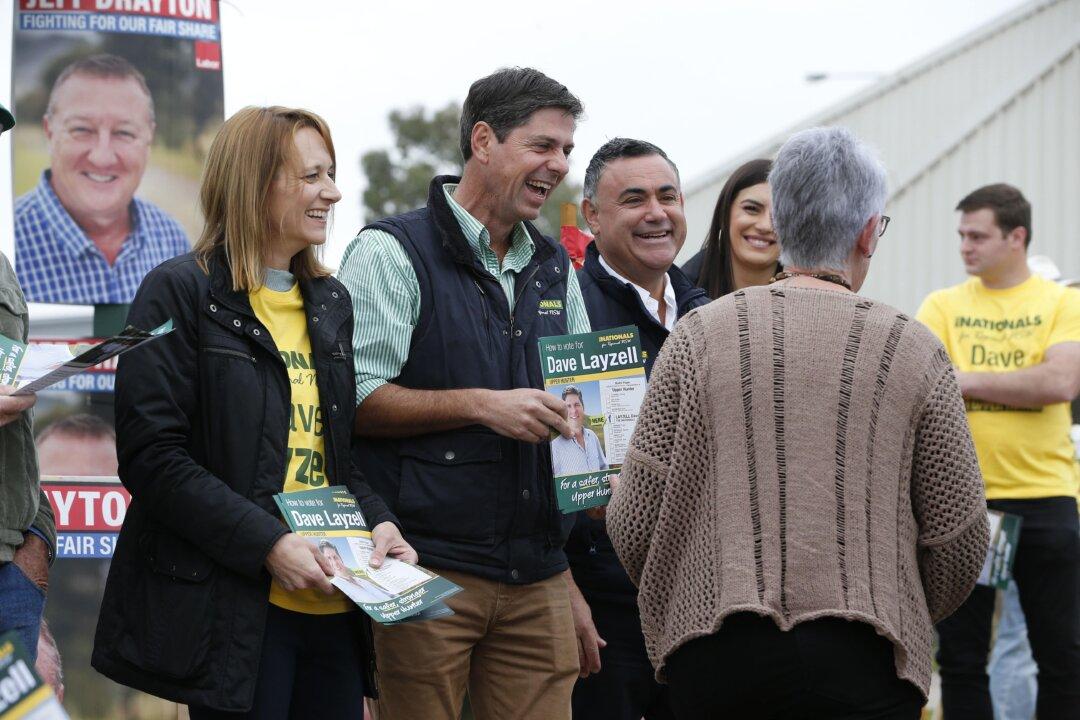Australia’s Federal Finance Minister Simon Birmingham is circumspect on the national implications of the weekend New South Wales (NSW) byelection in the coal-rich mining region of Upper Hunter, just north of Sydney.
The byelection was watched closely by major political parties keen to see how popular support for the incumbent New South Wales (NSW) state government was tracking, particularly considering its handling of COVID-19 and recent sexual assault allegations against several MPs including retiring Member for Upper Hunter Michael Johnsen.





